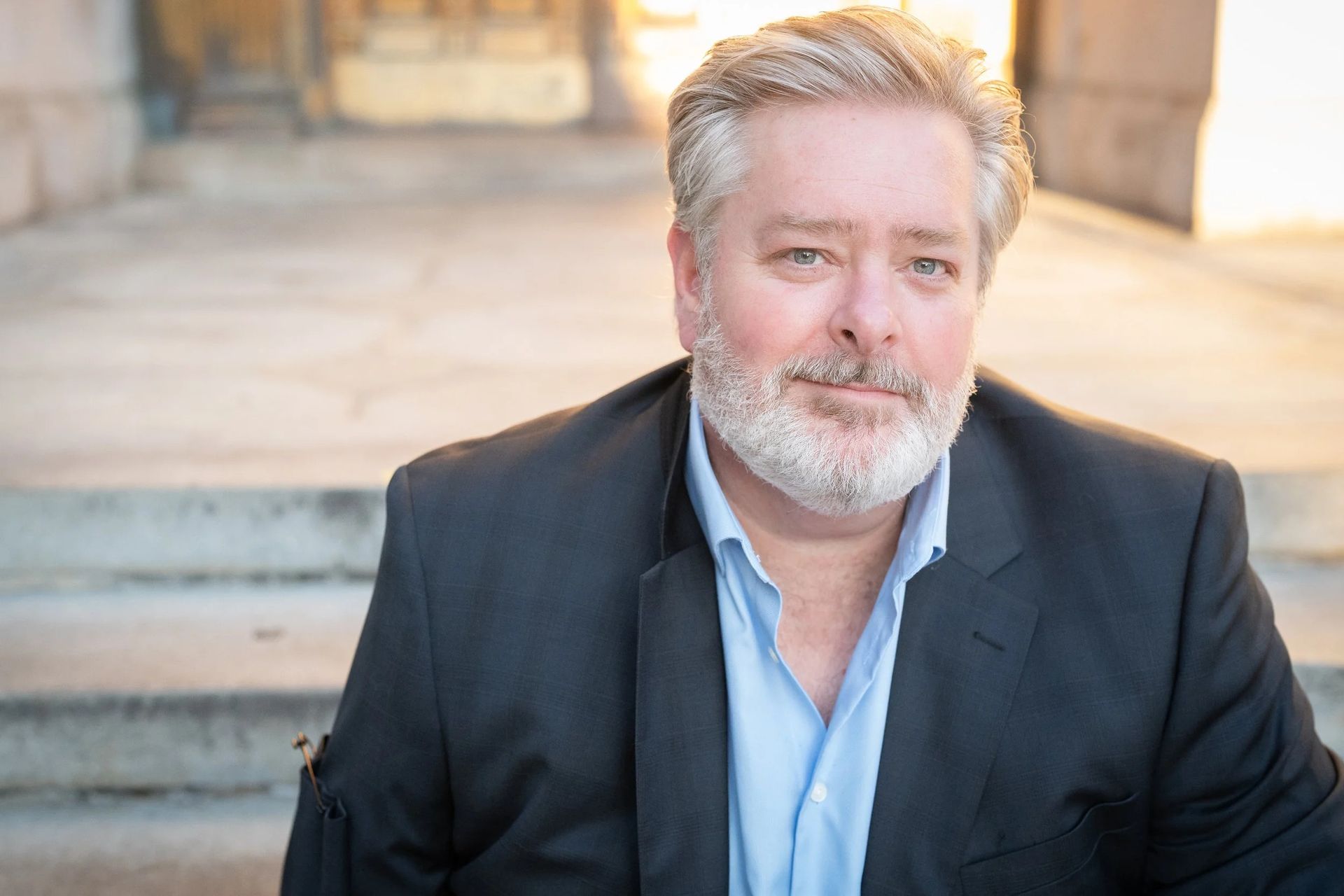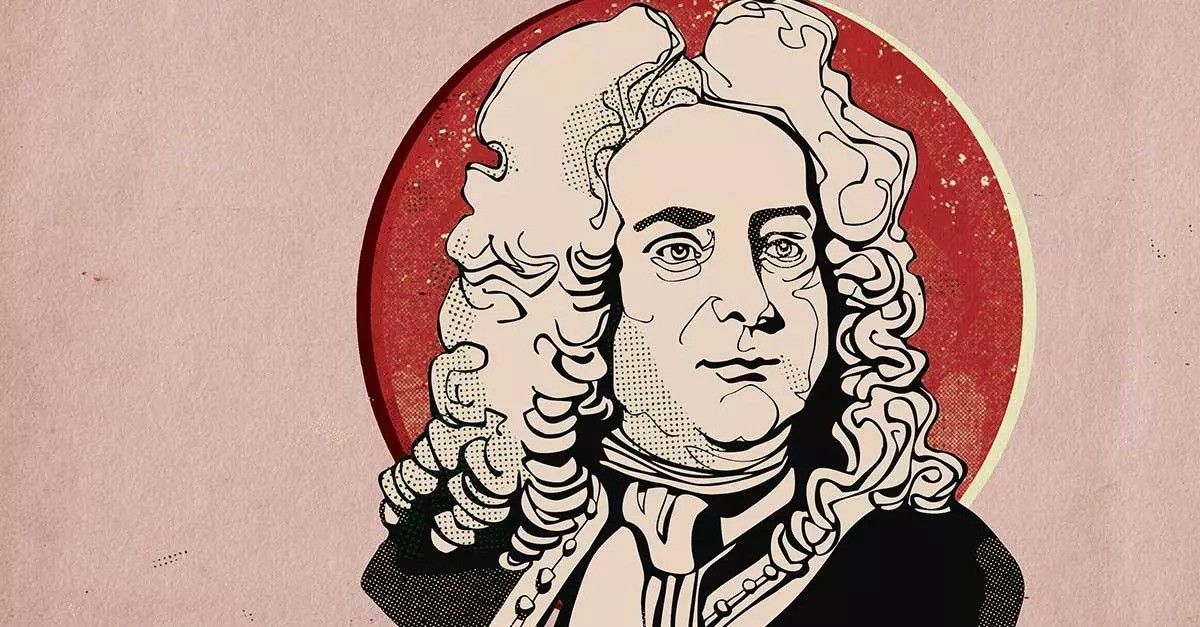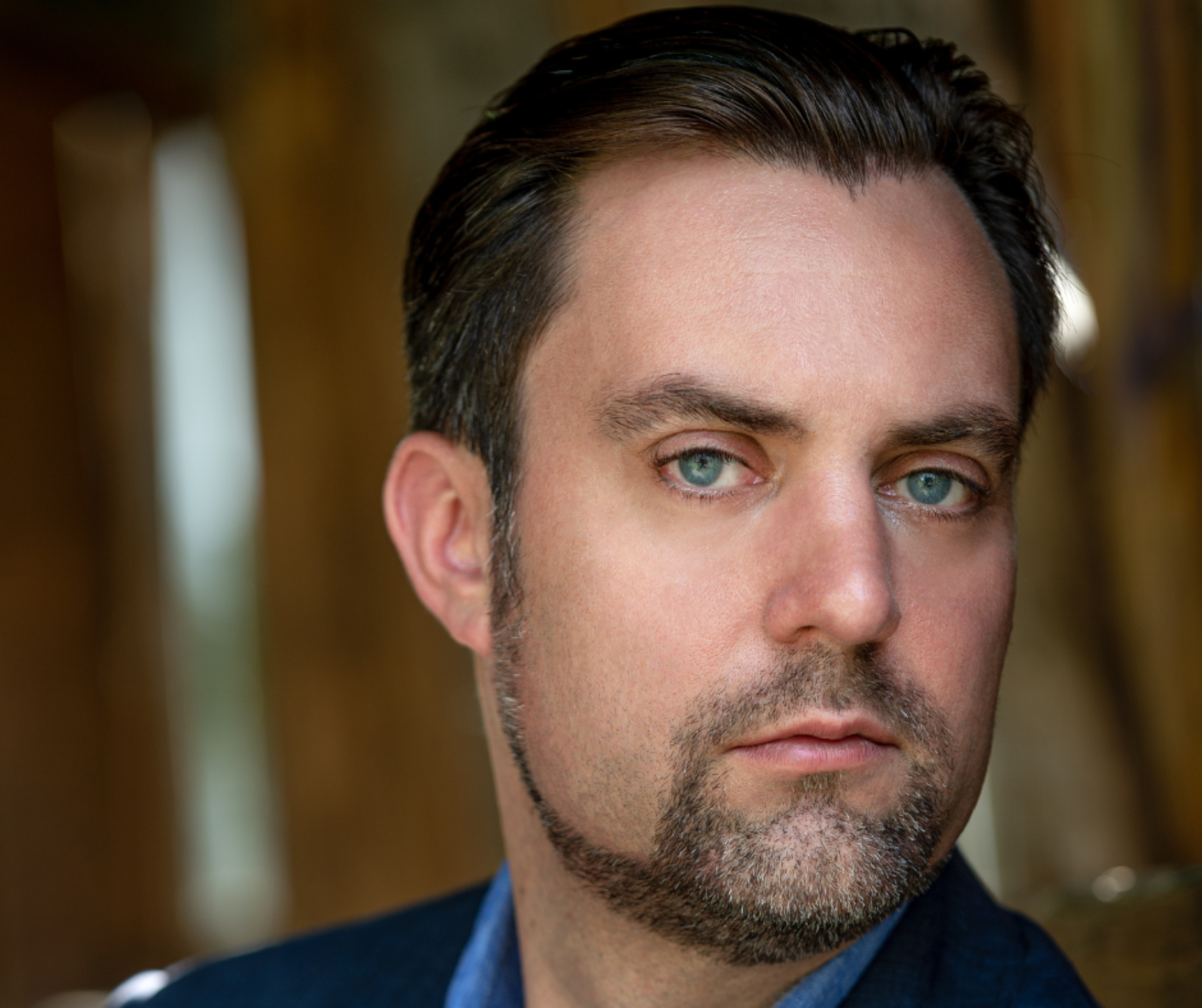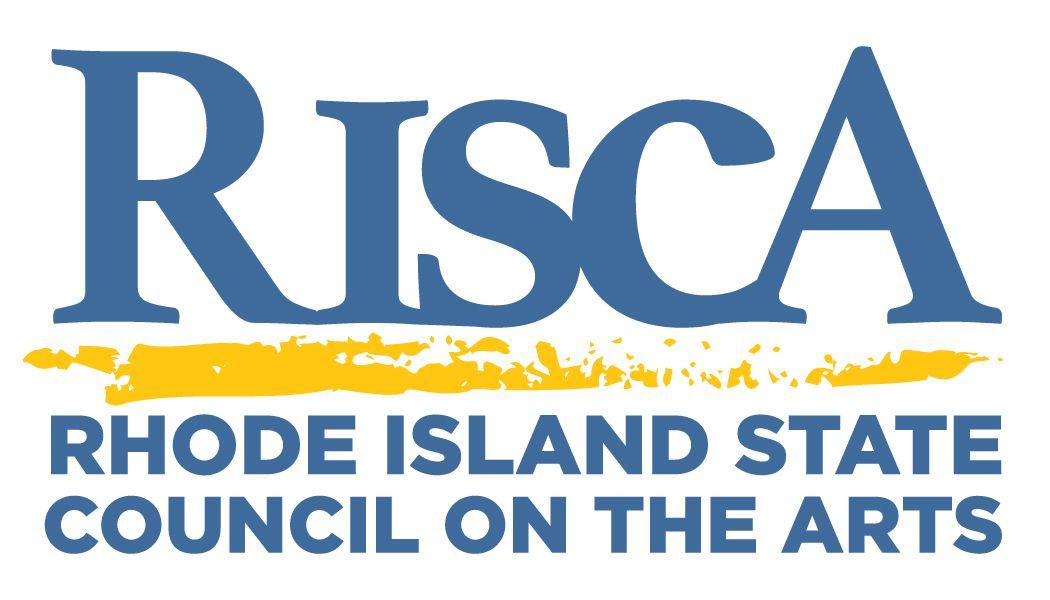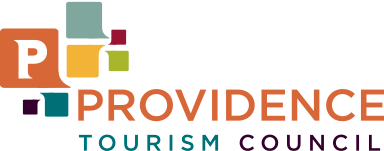THE STORY BEHIND: Mozart's Symphony No.31 (Paris)
Share
On December 9 & 10, Jaime Laredo and the Rhode Island Philharmonic Orchestra will present THE FOUR SEASONS with conductor/violinist Jaime Laredo, and oboist Cheryl Bishkoff.
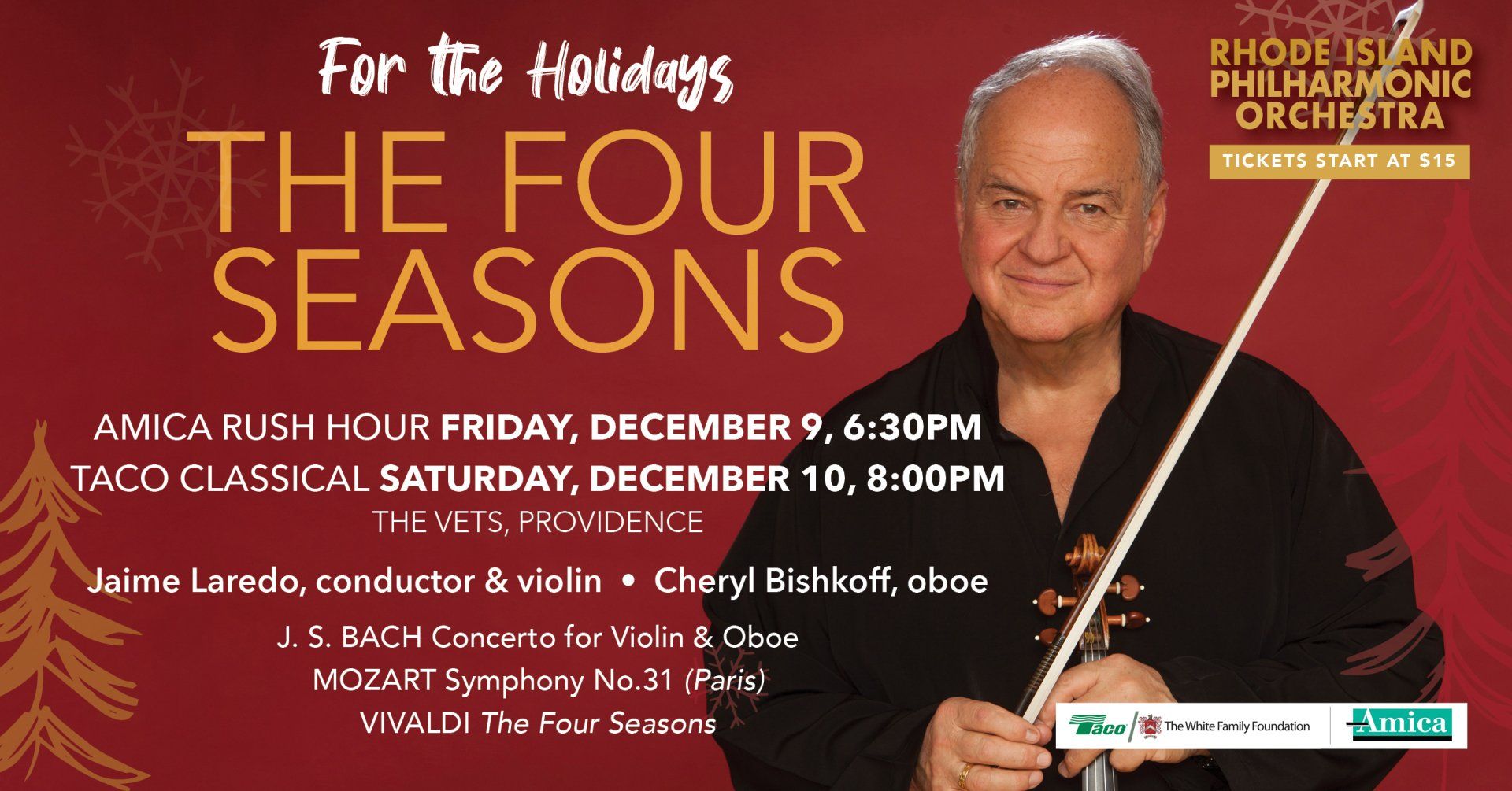
Title:
Symphony No.31, K.297 (300a), D major
(Paris)
Composer: Wolfgang Amadeus Mozart
(1756-1791)
Last time performed by the Rhode Island Philharmonic: This is a RI Philharmonic Orchestra premiere. This piece is scored for two flutes, two oboes, two clarinets, two bassoons, two horns, two trumpets, timpani and strings.
The Story: One of the great disappointments in the life of Wolfgang Amadeus Mozart was that he never achieved permanent employment as a composer. His various tours and pilgrimages all had the same underlying goal: a permanent appointment as composer to some wealthy patron who could pay him enough to support himself and (in later years) his family. When possible, one of his parents would accompany him to take care of “business,” relieving him of many burdens. This left him time to compose and to curry favor with potential employers. Unfortunately, Mozart could never capture the goal, due to personality conflicts, his frequent flighty behavior, or to simply being in the wrong place at the wrong time.
The last of these outings began in September 1777, when Mozart’s mother, Anna Maria, accompanied her son first to Mannheim, then to Paris, both locations brimming with musical activity. In early 1778 they reached Paris, where Mozart succeeded in positioning himself within the Parisian musical establishment. He received a commission to compose a symphony, which would be premiered on the feast of Corpus Christi in June to open one of the city’s prestigious
Concerts Spirituels.
Mozart knew well the Parisian musical taste for brilliant effects. So, in the symphony’s quick-tempo first and last movements, he planted a few musical firecrackers, which (as he predicted) drew applause and delighted outcries from the audience. In this way, Mozart gained praise and recognition in Paris’s musical circles. All was going well for him that summer when, suddenly, his mother died. Following her burial, Mozart tidied up his affairs in Paris and (in mourning) travelled home to Salzburg. The next year the “Paris” Symphony was published in Paris.
The repeated opening measures of the symphony are dynamic enough to wake up any lethargic listener, and Mozart follows these with an outpouring of breathless musical ideas. The sudden quiet of the second theme group baits the hook for a loud, assertive third theme group, which brings the movement to a repeat of all that has been heard thus far. An intricate development follows, placing listeners in suspense until the recapitulation of the opening music. Here, Mozart continues developing, re-visiting all theme groups, extending the adventure until the final moments, where the strong opening idea returns to conclude the movement.
The central movement was originally an
Andante
that satisfied the audience. However, Mozart may have not been entirely satisfied with it, so, for the symphony’s slated second performance in August, he composed a second, shorter,
Andantino
(K. 297). He wrote to his father, “I have composed another Andante. Each is good in its own way — for each has a different character. But the new one pleases me even more.” K. 297 is usually played in concert performances.
The
Allegro
finale is ruled by two simultaneous studies in contrast: (1) loud vs. soft effects (High Classical style, Parisian), and (2) fugal counterpoint (Late Baroque, Germanic) vs. full, concerted sound (High Classic). These play out in a variety of thematic melodies and connective music, seemingly to free the music from strict formal statements and developments. Undoubtedly, Mozart was (successfully) creating a movement that would be a crowd-pleaser on one level, while maintaining a sophisticated blend of musical ideas on a higher plane. The delicate balance of these two tendencies is a hallmark of Mozart’s musical genius.
Program Notes by Dr. Michael Fink © 2022 ALL RIGHTS RESERVED
Tickets start at $15! Click HERE or call 401-248-7000 to purchase today!

